1. The Fall of the Roman Empire
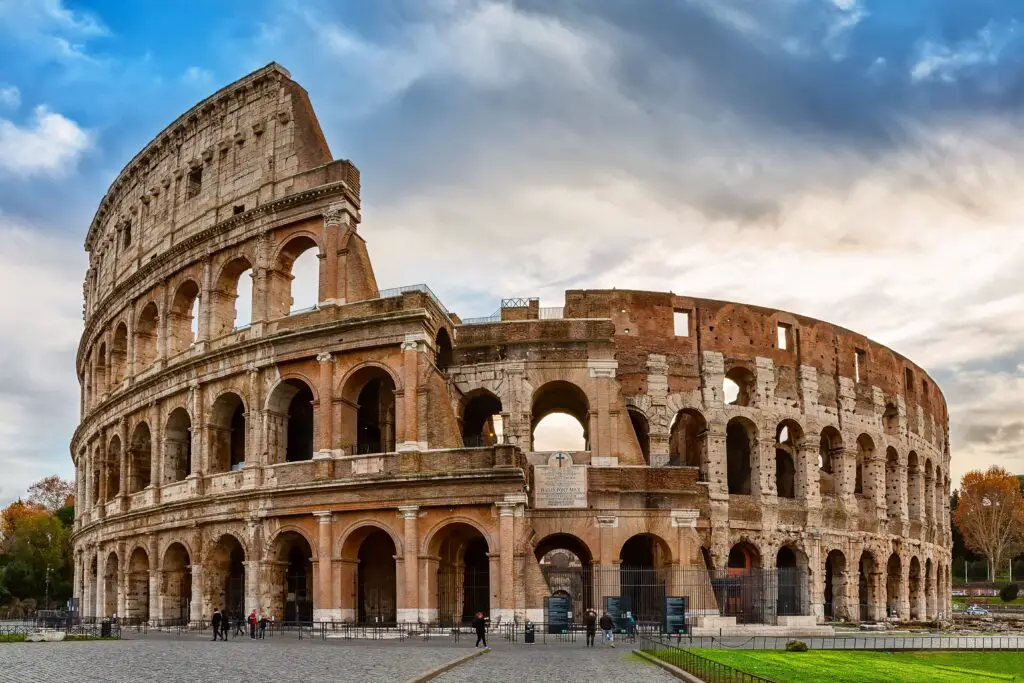
The decline of the Roman Empire is often attributed to a mix of political instability, economic troubles, and military decline. However, some historians argue that superstition played a key role in hastening its fall. In particular, Romans believed that their empire was under divine protection, and when things started to go awry, many turned to omens, divine signs, and superstitions to explain their misfortune. This belief in the supernatural sometimes led to poor decisions, such as putting too much trust in soothsayers and interpreting military defeats as signs of divine displeasure.
As the empire crumbled, rulers and citizens alike began to blame the gods for their downfall, ignoring more rational causes like internal corruption. The reliance on supernatural explanations meant that instead of seeking practical solutions to their problems, many turned to ritualistic practices and sacrifices, hoping to appease the gods. This focus on superstition only further alienated the empire from addressing its real challenges, contributing to its eventual collapse.
2. The Great Fire of London (1666)
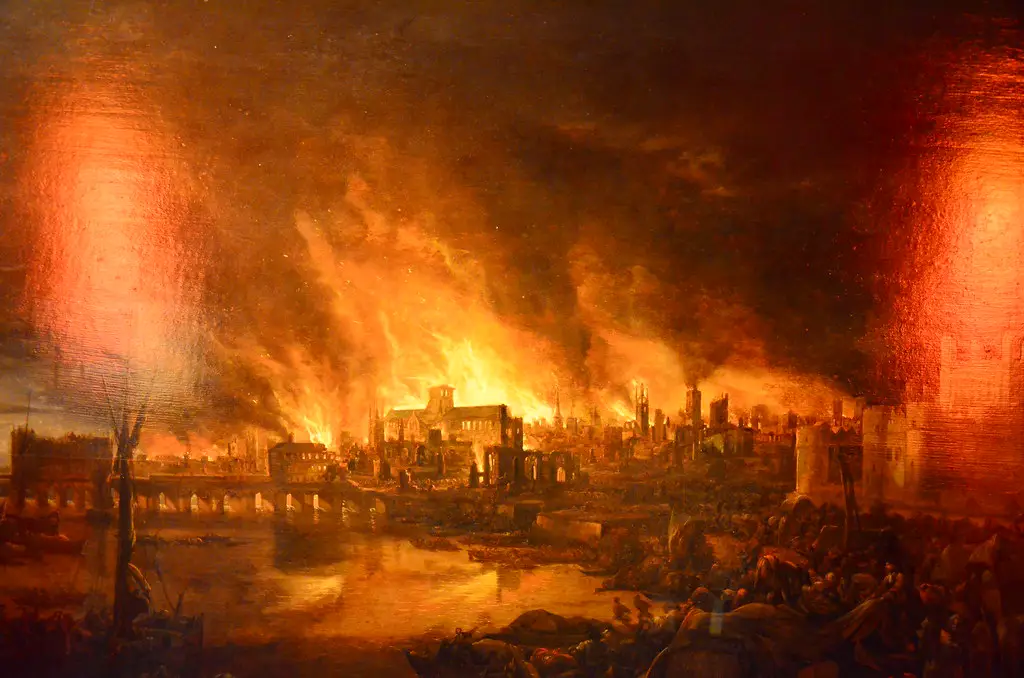
The Great Fire of London, which devastated much of the city in 1666, was a tragedy marked by superstition and fear. Rumors spread that the fire was a punishment for the sins of the city, and some believed it was a divine judgment for London’s growing sinful nature. People were convinced that witches or evil spirits might have caused the fire, adding to the hysteria. This led to widespread panic, and many people sought refuge in religious rituals or made desperate attempts to avoid what they saw as the wrath of God.
Superstition led to a delay in effective response to the fire. Rather than focusing on practical measures to contain the flames, authorities and citizens alike engaged in superstitious behaviors, such as praying for mercy or interpreting the fire as an omen of the apocalypse. The disaster might have been mitigated if more attention had been paid to fire safety measures instead of relying on superstition to explain the catastrophe.
3. The Salem Witch Trials (1692)
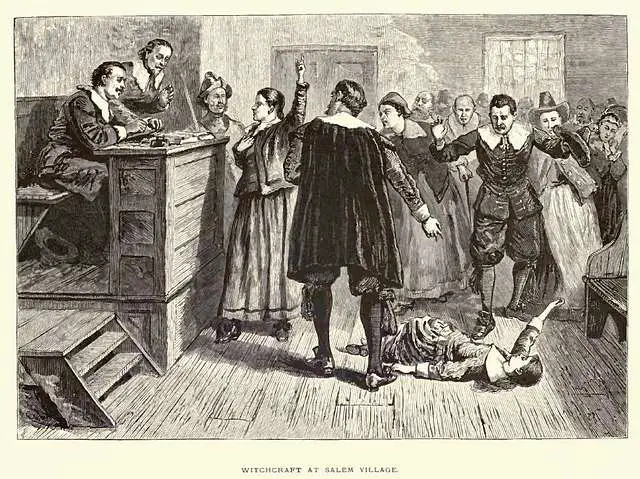
The Salem Witch Trials were a tragic example of superstition leading to widespread injustice and death. In a society where belief in witches and the supernatural was rampant, accusations of witchcraft quickly spiraled out of control. The trials, fueled by fear and suspicion, resulted in the execution of 20 people, many of whom were innocent. Superstition played a central role in these events, with individuals being blamed for disasters, illnesses, or crop failures simply because they were believed to be witches.
The trials were driven by a combination of religious zealotry and fear of the unknown. Superstitions surrounding witchcraft led to mass hysteria, and the accused were often condemned based on flimsy evidence like spectral evidence—testimonies claiming to see the spirits of the accused. This widespread belief in the supernatural led to irrational actions, ultimately resulting in one of the darkest chapters in American history.
4. The Cursed Voyage of the Marie Celeste (1872)
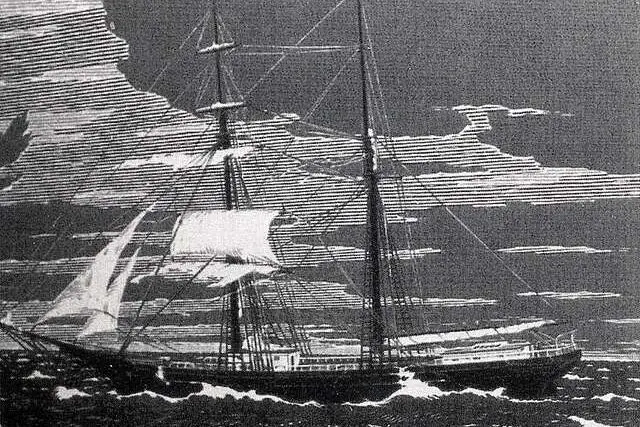
The story of the Marie Celeste, a ship found abandoned in the Atlantic Ocean in 1872, has long been surrounded by theories of superstition and the supernatural. The ship’s crew was inexplicably missing, and the ship was found in perfect condition, with no signs of struggle or damage. As news of the eerie discovery spread, speculation ran wild. Some claimed the crew had fallen victim to a curse, while others believed that supernatural forces were at play, either causing the ship’s abandonment or taking the crew away.
Superstition clouded any rational investigation into the mystery. While more plausible explanations like piracy, mutiny, or even natural phenomena were eventually considered, the popular narrative became steeped in supernatural theories. The legend of the cursed ship and its disappearance became a staple of maritime folklore, with many attributing the disaster to a mysterious force beyond human understanding.
5. The Black Death (1347–1351)
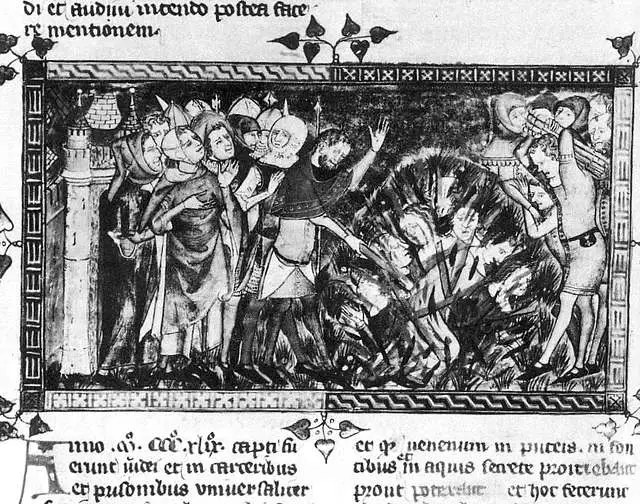
The Black Death, which swept through Europe in the 14th century, is one of the most devastating pandemics in history. At the time, superstition played a huge role in how people understood the disease. With no knowledge of germs or bacteria, many believed the plague was a divine punishment for humanity’s sins. Some thought the illness was the result of astrological alignments, while others blamed it on witches, Jews, or other marginalized groups, leading to deadly scapegoating and persecution.
Instead of seeking rational solutions or attempting to understand the true cause of the plague, people turned to superstitions like flagellation and other forms of penance, hoping to appease God. These practices not only failed to stop the spread of the disease but also created a climate of fear and hysteria. The Black Death’s true cause—a bacterial infection carried by fleas on rats—remained hidden behind layers of superstition for centuries, allowing the epidemic to spread unchecked.
6. The Titanic’s Fate and the Curse of the “Unsinkable” Ship (1912)
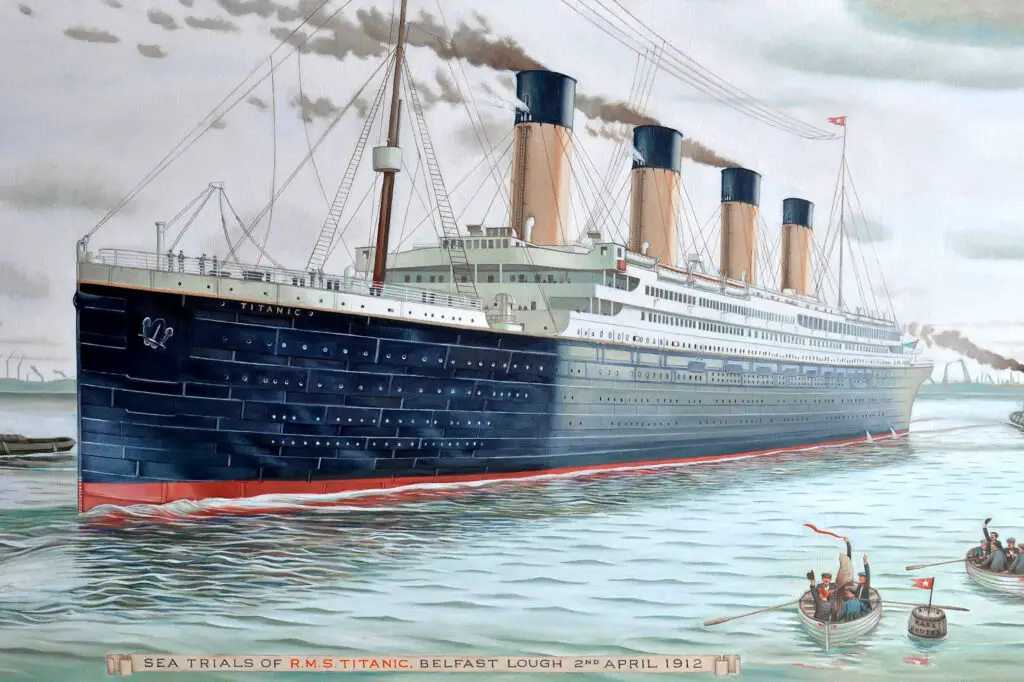
The sinking of the Titanic is surrounded by numerous superstitions and conspiracy theories. One of the most common myths is that the ship’s construction was doomed because it was deemed “unsinkable” by its builders and passengers. Some believed that the ship’s fateful journey was cursed from the start, and that hubris—pride in the ship’s supposed invincibility—led to its downfall. This idea was further fueled by predictions from psychics and mystics who had warned of the ship’s demise before it even set sail.
Despite the fact that the disaster was a result of human error and poor decision-making—such as sailing too quickly in icy waters—the belief in the Titanic’s curse persists. People blamed supernatural forces, citing the ship’s overconfidence in its safety features as a sign of impending disaster. In the end, superstition overshadowed the true causes of the tragedy, allowing myths to overshadow the actual investigation into the sinking.
